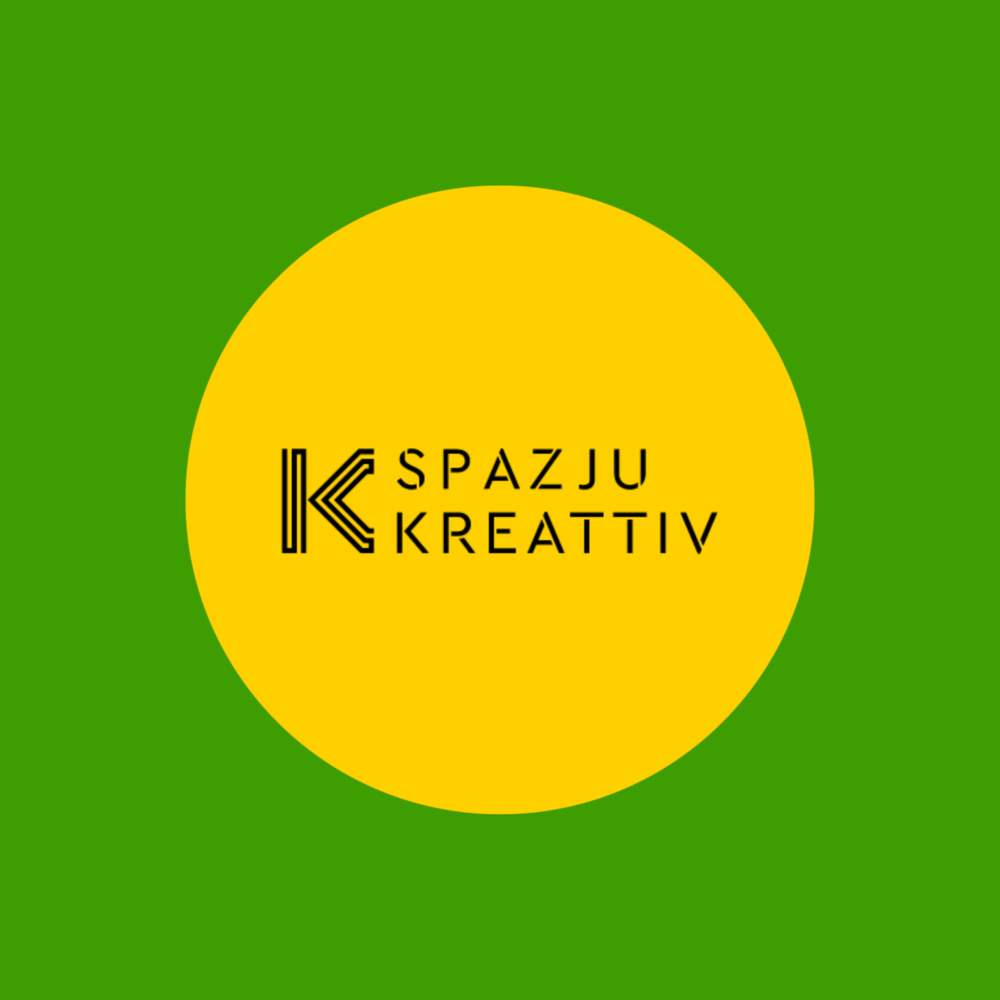Spazju Kreattiv

Trust is essential to our work…We need to build it through time.
WHO
Spazju Kreattiv is a non-profit creative hub and cultural space in Valletta, Malta, with an active programme of over 500 annual creative arts and cultural events. It was established in 2000 following the conversion of a 16th-century fort into the National Centre for Creativity. Their space features gallery spaces, a theatre, an arthouse cinema, and artist studios. The organisation is supported by 60 people, of which 35 are working full-time and eight are part of the programming team. To ensure that Spazju Kreattiv is a reflection of the community and that artistic excellence is supported and highlighted they take an open approach to programming and collaborations. The organisation runs an open call, and also commissions or co-produces initiatives with multidisciplinary artists.
Daniel Azzopardi, Artistic Director of Spazju Kreattiv, shared with RECHARGE how he and his team support their core collaborators - the artists - and build relationships with the local community and NGOs.
WHAT
Through their open programming approach, Spazju Kreattiv wishes to facilitate an artistic programme that is highly topical and relevant to the citizens of Valletta, and that contributes to the empowerment of the local community. This is captured in the three pillars of their strategic vision - artistic excellence, community outreach, and internationalisation. The foundation for achieving this vision is to provide sufficient support for both emerging and established artists. They do this by hosting regular information sessions for artists and creatives to be able to speak directly with the programme team and get support for their proposals to the open call, called IKKREA. Following selection, Spazju Kreattiv assigns individual executives to each artist to lead the project and manage the communication within the organisation, simplifying the collaborative process for the artist. So, while artists have different needs, Daniel emphasised that most (if not all) of the artists they work with feel very comfortable with and supported by their assigned executive.
The organisation also develops strategic collaborations with NGOs and other organisations to reach communities and audiences that otherwise would not be reached but may be connected to the annual programme. Recent programme priorities include environmental sustainability, euthanasia, abortion, immigration, gender fluidity, and climate change. Spazju Kreattiv does not shy away from these topics and believes that art can enable healthy conversation and discussion. Therefore, they encourage the artists they collaborate with to explore how they can integrate audience participation into their work and to tap into existing networks working on these subjects.
HOW
COLLABORATION:
Building trust is essential for both working closely with artists and bringing their vision to life, as well as empowering the community while tackling sensitive topics. Daniel also highlighted that when employees of a (national) institution work with individual artists, they should be aware of the innate power imbalance. To support the time-intensive process of building trust, it is important to be sincere and clear. The following strategies were shared for how Spazju Kreattiv builds trust, sincerity and clarity:
Assign an executive to each artist to meet their needs, provide support, and simplify communication.
To build trust, be transparent, sincere, and clear about your limitations, especially as an institutional representative.
Prepare artists and the general public ahead of time and involve skilled moderators when running public events around sensitive topics.
Choose projects that you are willing to personally endorse, as you will have to foster buy-in and prepare for public reactions.
FINANCING:
Spazju Kreattiv receives public funding for the maintenance of the building and the payment of staff, but not for the artistic programme. Instead, this is funded through their general income, which includes ticket sales, third-party funding, sponsorships, artists’ fees for space and resource usage, and venue rentals. The majority of artists have to self-fund their presence at the venue, with about 10% of selected artists receiving financial support. To help fill the gap, they support artists with their external funding applications. So while it is free for the public to enter the spaces of Spazju Kreattiv, they have limited resources for the promotion of events and programming, relying mostly on their networks.
IMPACT:
While exploring various revenue streams is important, Daniel emphasized that the focus is not on the number of participants, but rather on their level of engagement. However, this can be challenging to prioritise within the organisation, so the programme team uses multiple feedback channels to collect points of improvement and qualitative measures of impact. In addition, all artists fill in a feedback form and elaborate on their experience in at least one dedicated meeting. Finally, Spazju Kreattiv also runs surveys and focus groups with the general public to collect feedback on how events are run and the topics chosen for the programme. Important and sometimes confidential feedback is also shared through personal interactions, such as networking and word of mouth. Ultimately, this emphasis on meaningful engagement over metrics reflects Spazju Kreattiv’s deep-rooted commitment to fostering genuine connections.


Share